A couple of days ago, Bong Joon-ho’s Parasite became the first non-English language film to win the Oscar for Best Picture. The clever satire on social and economic segregation is basically what everyone is talking about right now.
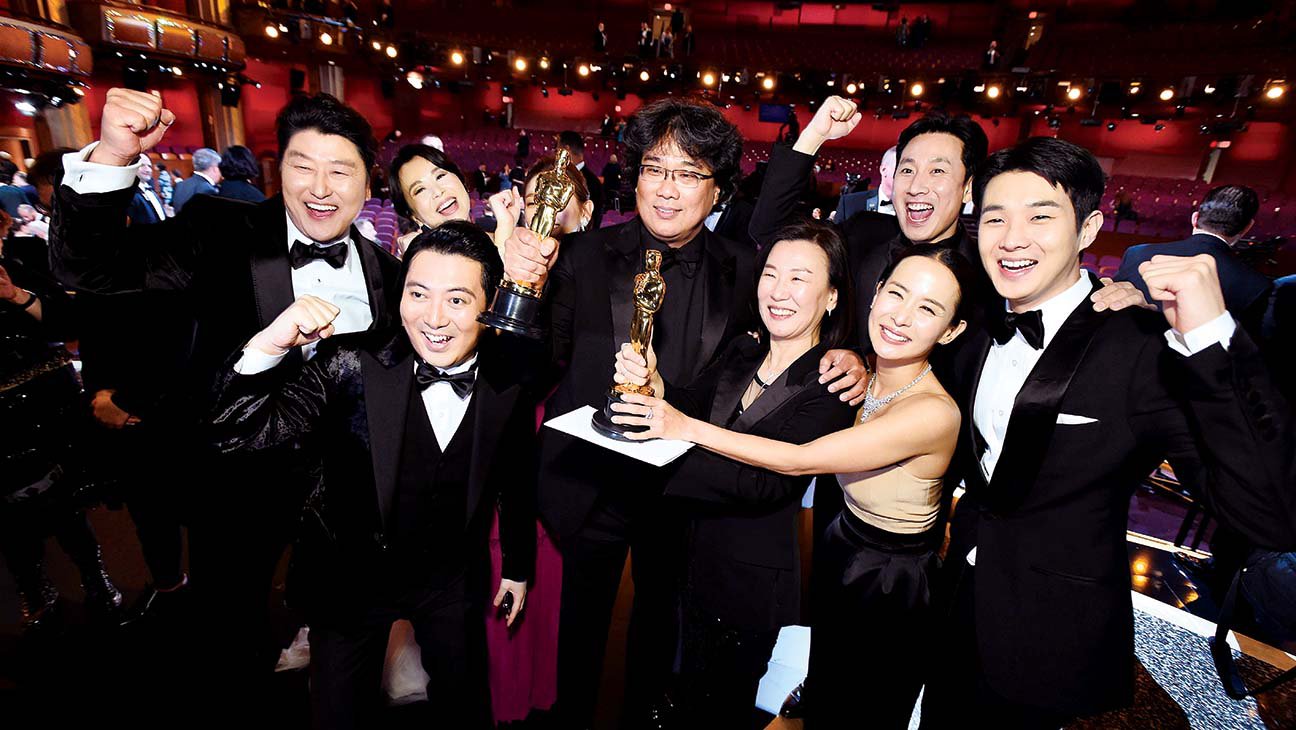
But what if I tell you, Parasite is not Bong’s first attempt at showing the class-divide and struggle. Years before the Oscar-winning film came into existence, Bong Joon-ho directed a dystopian thriller on the same topic, of course, with its own extremities.
We are talking about Snowpiercer, the director’s only English language film- a story about the rest of humanity, spending the rest of their days on an ever-moving train with class warfare being the main theme of the story.
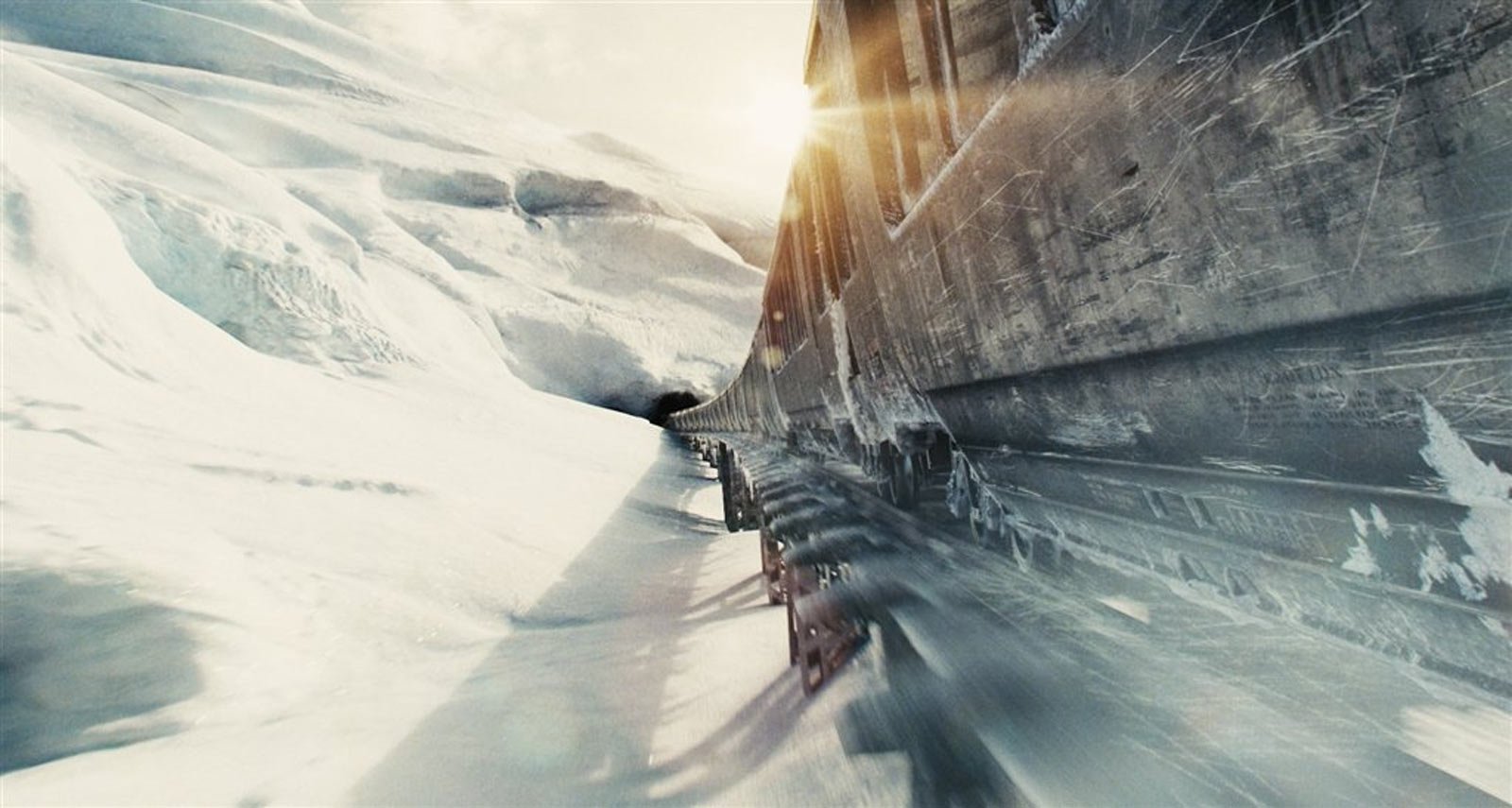
In this train, all the necessities flow from the front to the back. Meaning, the filtered sewage water generated from the first-class bogeys makes its way through to the third-class passengers at the end of the train. They live on insect-based black protein bars and are kept in line by a combination of propaganda and brute force.
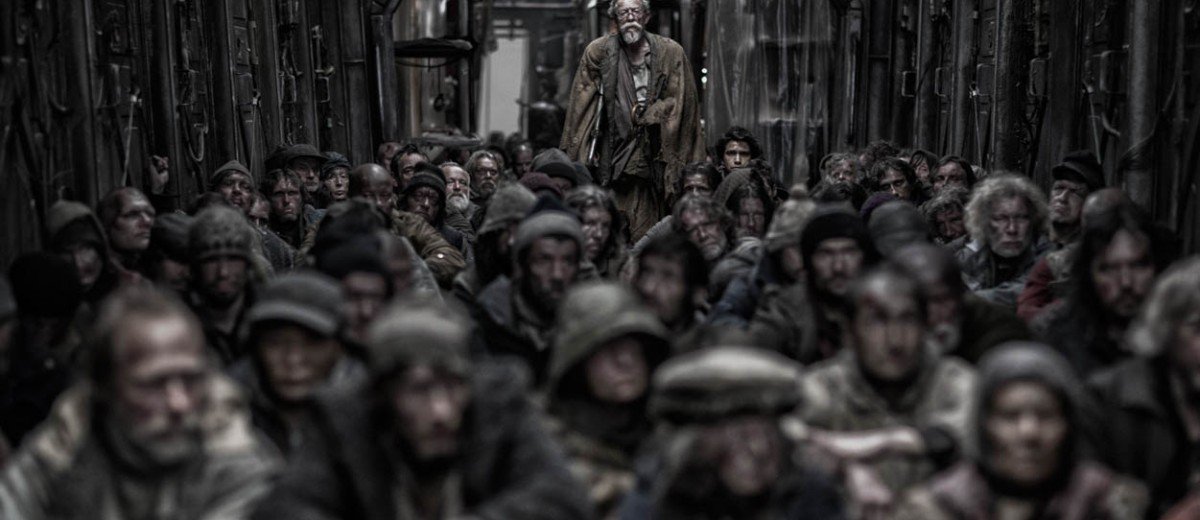
Meanwhile, towards the front of the train, live the rich, fortunate to enjoy access to schools, doctors, restaurants, nightclubs and above all the belief that they deserve everything they have and any glitch in their privilege is an attack on the natural order.
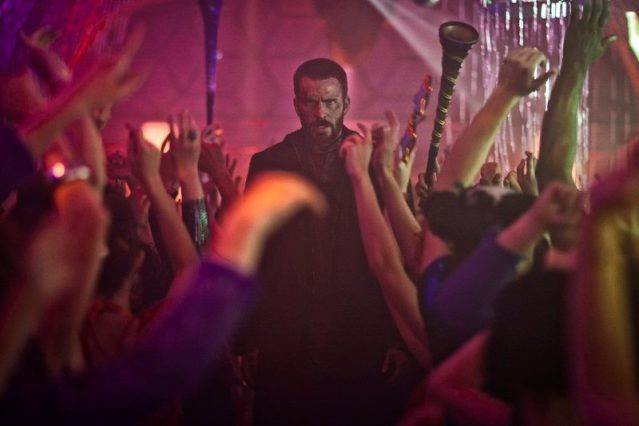
Occasionally, the social outcasts at the back of the train start revolts to get to the engine but never get beyond the mid-section as the train’s been designed in a way that doesn’t let them succeed.
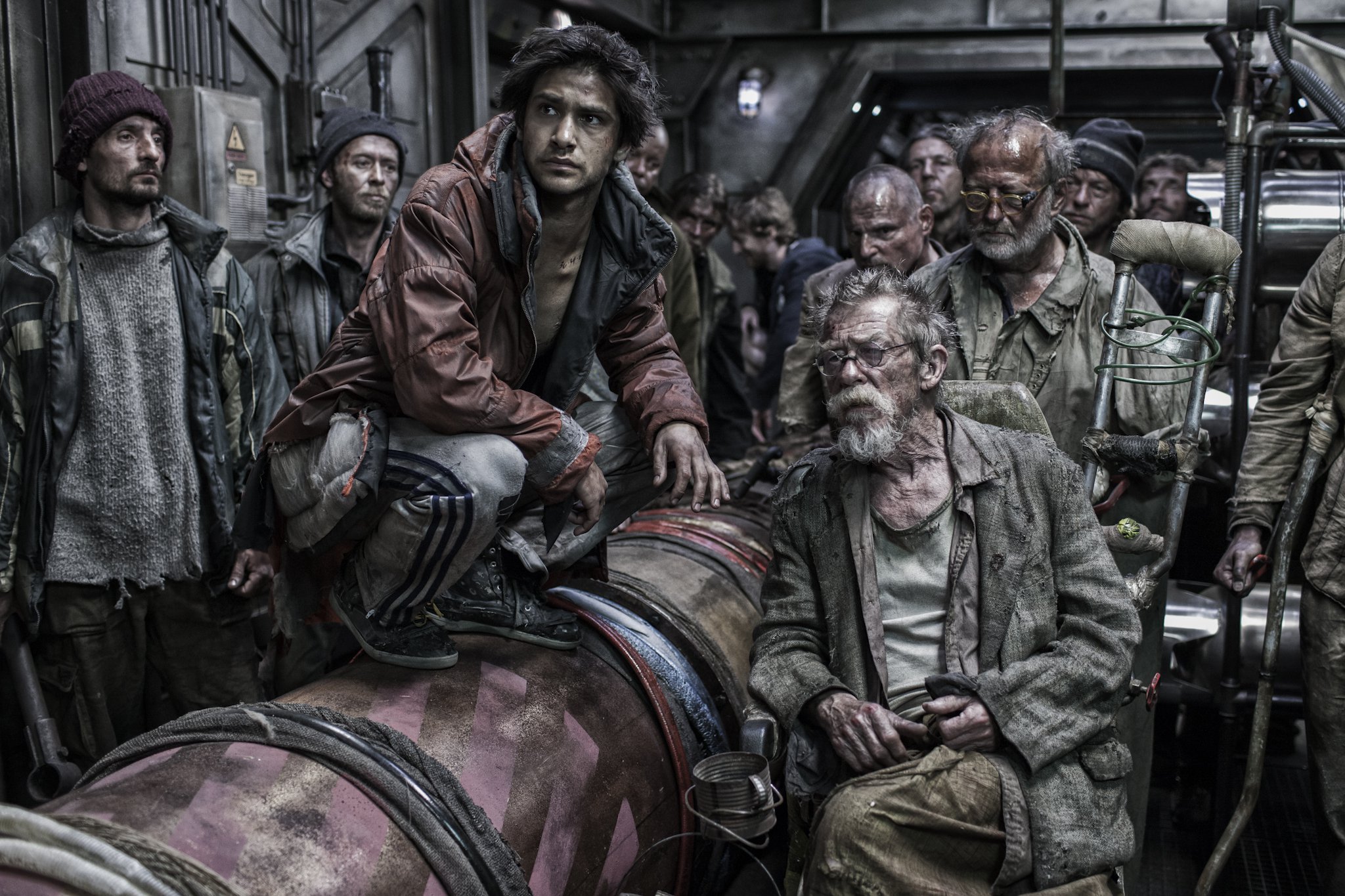
And the engine is run by a larger-than-life man of mythical reputation called Mr Wilford. Does this remind you of something you see around you?
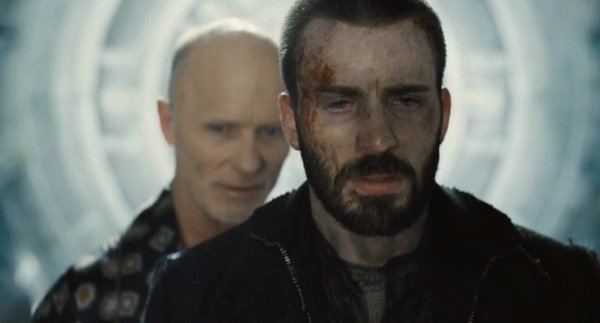
Based on the French graphic novel Le Transperceneige by Jacques Lob, Benjamin Legrand and Jean-Marc Rochette, the film is a direct representation of the totalitarian corporate system of governance in a historically unfair society.
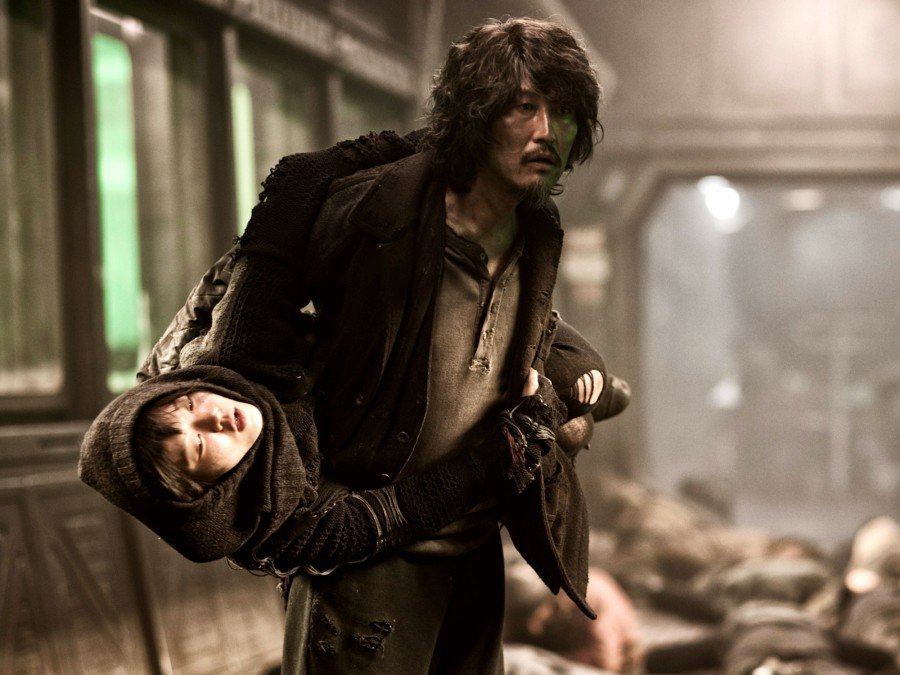
So, if Bong’s Parasite was a clever satire-turned thriller in a still semi-functional society, Snowpiercer, often considered the weakest of all his creations (The Host, Okja), is what happens down the line, when the literally hungry proletariat tries to break free and eat the rich.
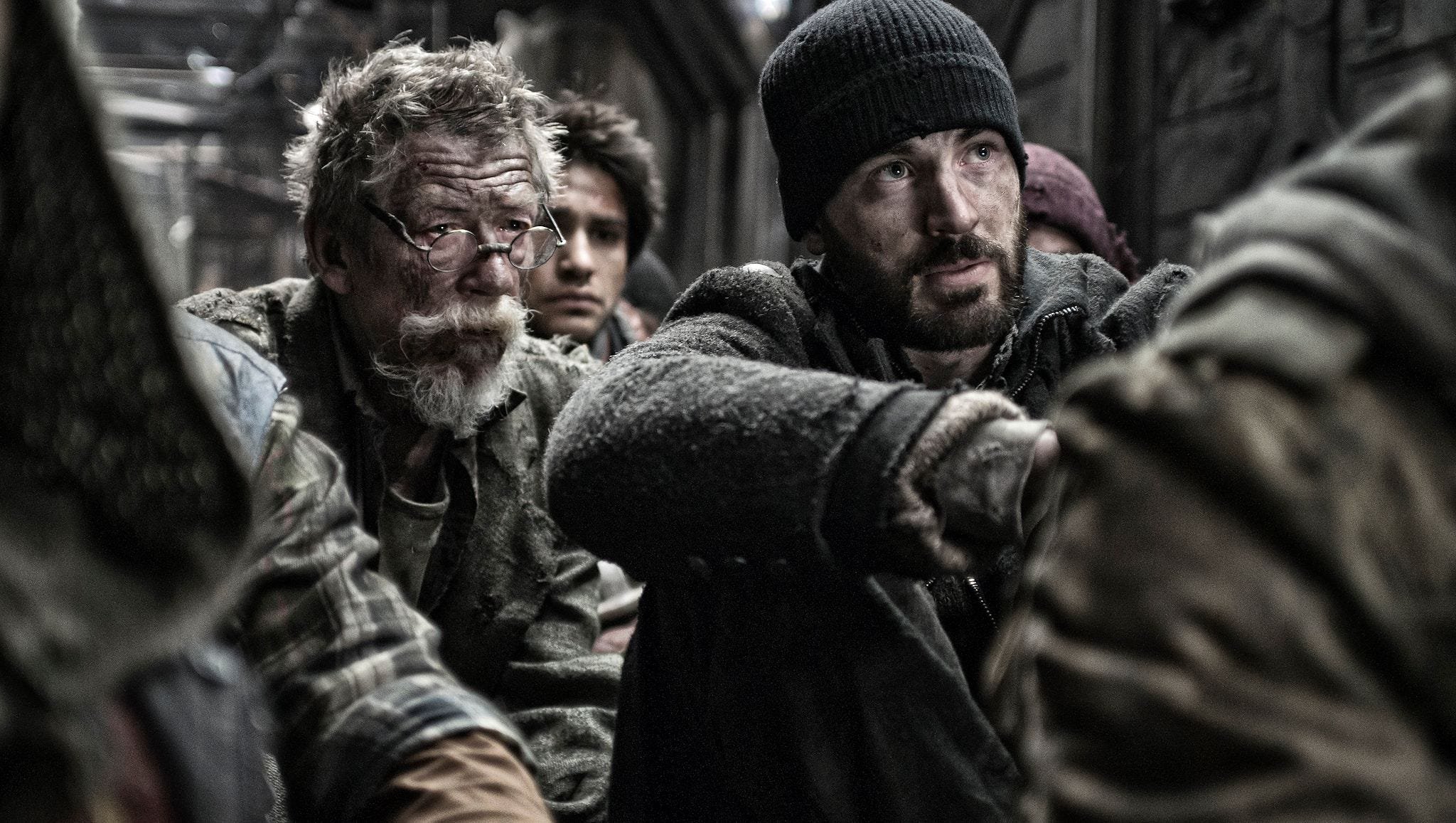
Snowpiercer is the story of these marginalised characters, who don’t want to be grateful to Mr Wilford for ‘allowing them to live’. They want a better standard of living, they want equality, especially when the wealth and resources are so unequally divided.
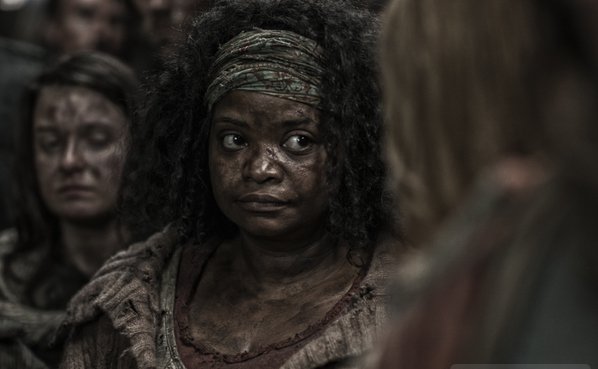
And if you are more into acting than the plot, there is a lot in this film that you do not want to miss. The traditionally clean shaven, blue-eyed, blond-haired Captain America, Chris Evans gives his career’s best performance here.
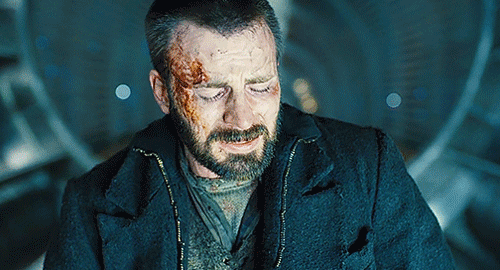
Evans remains the leading face of this chaotic drama but he’s surrounded by eccentric characters like fellow revolters played by Octavia Spencer, John Hurt and Jamie Bell, whose resentments turn into revolt after an especially cruel provocation by the authoritarian soldiers in riot gear, armed with clubs and guns, following orders from Tilda Swinton’s Goebbels-like character.
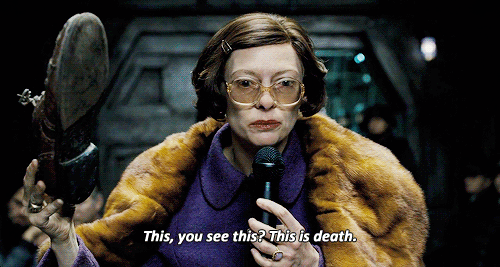
While most dystopian dramas are about survival and redemption, Bong isn’t too concerned about that. These romantic notions, fit for a summer blockbuster are pipe dreams and Bong doesn’t dwell on them.
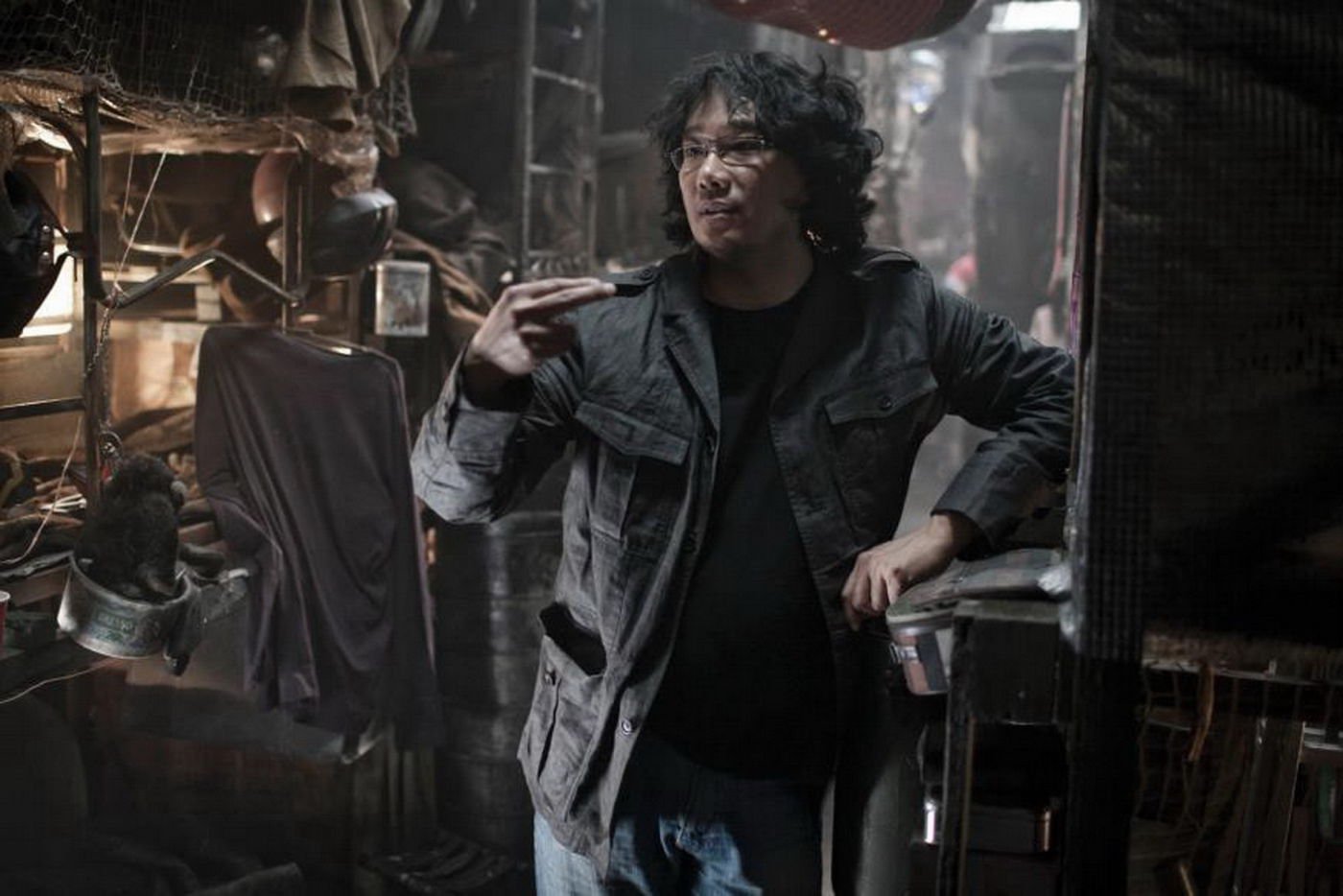
He is instead interested to see how all the variables- the technological prowess, social oppression and class divide might work in this ‘perfectly’ touted equation.
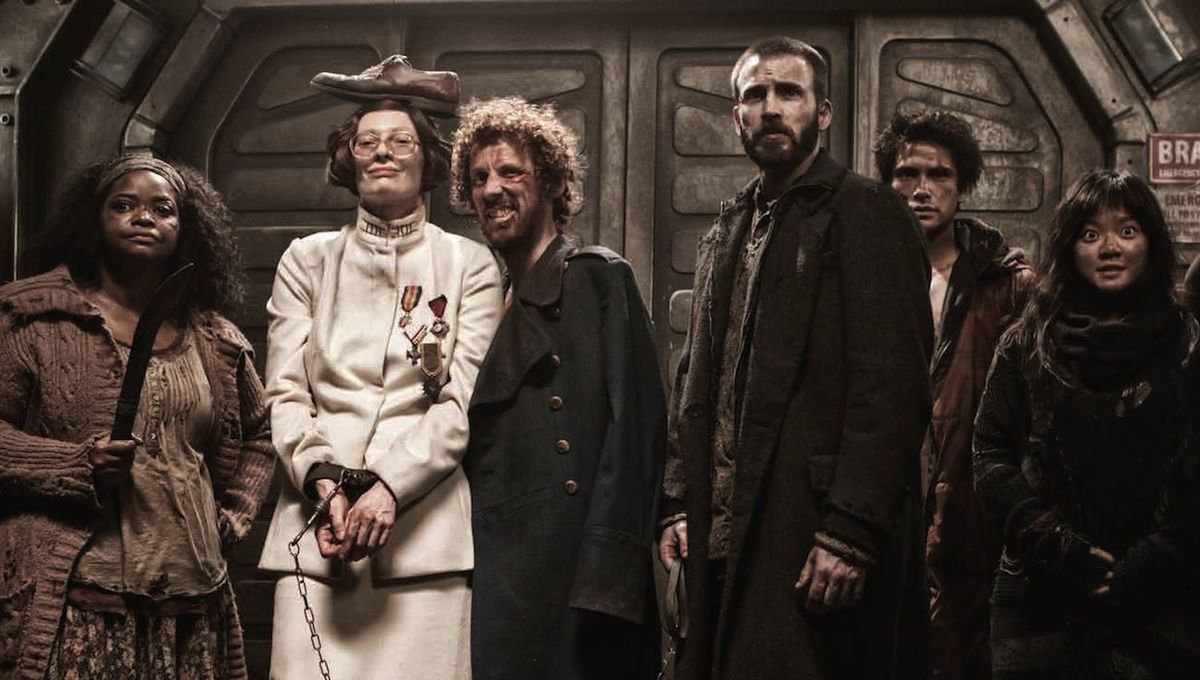
As we find out in the end, it doesn’t. Snowpiercer doesn’t care about being subtle or surprising and while it’s rough around the edges, it remains a sincere and gruesome warning of what the future might entail.

















